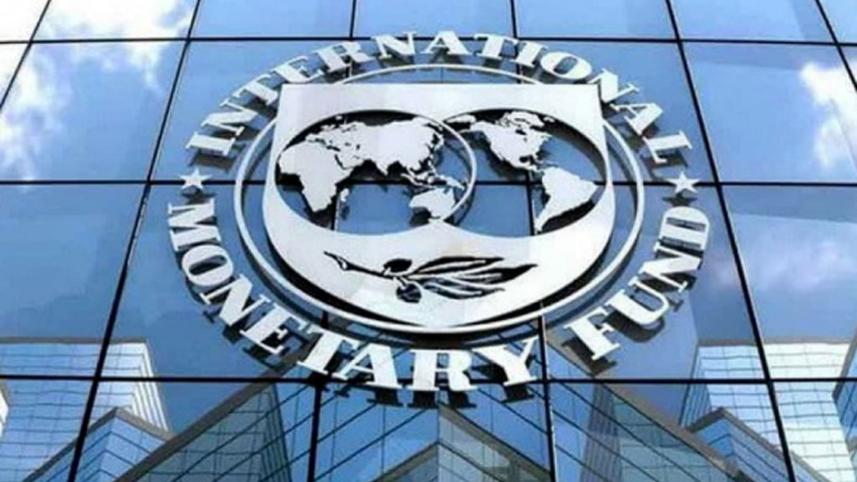IMF for more BB independence

Strengthening Bangladesh Bank's independence and autonomy is key to enabling it to strictly enforce the current prudential regulations in the banking sector, said International Monetary Fund (IMF).
With increased vulnerabilities, financial sector risks pose a drag on medium-term growth prospects, the Washington-based multilateral lender agency said in a report on Monday.
The report has been prepared based on Article 4 consultations between the IMF and Bangladesh government last December.
During an Article IV consultation, an IMF team of economists visits a country to assess economic and financial developments and discuss the country's economic and financial policies with government and central bank officials.
The multilateral lender also underscored the need to fortify corporate governance in banks, including by strengthening the role of independent directors.
The central bank should follow the classification and provisioning requirements in line with Basel standards, including the treatment of rescheduled and non-performing loans (NPLs).
Between fiscal years 2009-10 and 2018-19, the NPL ratio increased steadily, despite high GDP growth, due to structural weaknesses, including in governance and legal infrastructure, compounded by lenient regulation, weak supervision and weak credit culture among some large influential debtors.
Reported NPLs do not fully reflect the extent of problem assets.
Stressed advances, which comprise NPLs, restructured and rescheduled loans, stood at 20.5 per cent of outstanding loans at the end of 2018, about double the NPL ratio at that time.
The current NPL data does not capture the impact of policy relaxations introduced to counter the Covid-19 shock.
Default loans in Bangladesh's banking sector surged 16.38 per cent year-on-year to Tk 103,274 crore in 2021, showed data from the BB.
Identifying early signs of distress will help avoid large increases in NPLs after forbearance measures end, said the IMF.
It also mentioned some other factors that may create a roadblock to attaining expected economic growth.
"A slower than expected recovery in trading partners of Bangladesh, an increase in food and oil prices, and heightened risks from cyber-attacks are key external risks," it said.
The IMF praised Bangladesh's substantial economic development in its 50 years of independence.
From being one of the poorest nations in 1971, Bangladesh successfully met the UN criteria to graduate from the category of least developed countries in February 2021.
Since 2010, per capita real GDP growth, averaging 5 per cent annually, has resulted in a steady decline in poverty, with increasing access to education and healthcare.
Following an export-oriented development strategy, Bangladesh has successfully transformed to a more manufacturing-based economy.
Despite significant progress, job creation has been slowing, inequality has been rising, and poverty reduction has been slower than during the previous decade.
Lack of education and skills remain the main hurdle for transiting into the formal economy. Supply bottlenecks, especially in transport infrastructure, are constraining growth.
The country's GDP growth is expected to pick up to 6.6 per cent in FY22, supported by a robust rebound in exports, continued implementation of the stimulus packages and accommodative monetary and fiscal policies.
As the external environment improves and the domestic vaccination programme progresses, growth is expected to reach 7.1 per cent in FY23.
The IMF reckons that headline consumer price index inflation was projected to rise to 5.9 per cent in fiscal year 2021-22, slightly higher than the BB's yearly target of 5.3 per cent.
As the economy picks up, non-food inflation is projected to edge up to 6.4 per cent, and food inflation is also expected to rise moderately due to higher international commodity prices.




 For all latest news, follow The Daily Star's Google News channel.
For all latest news, follow The Daily Star's Google News channel.
Comments